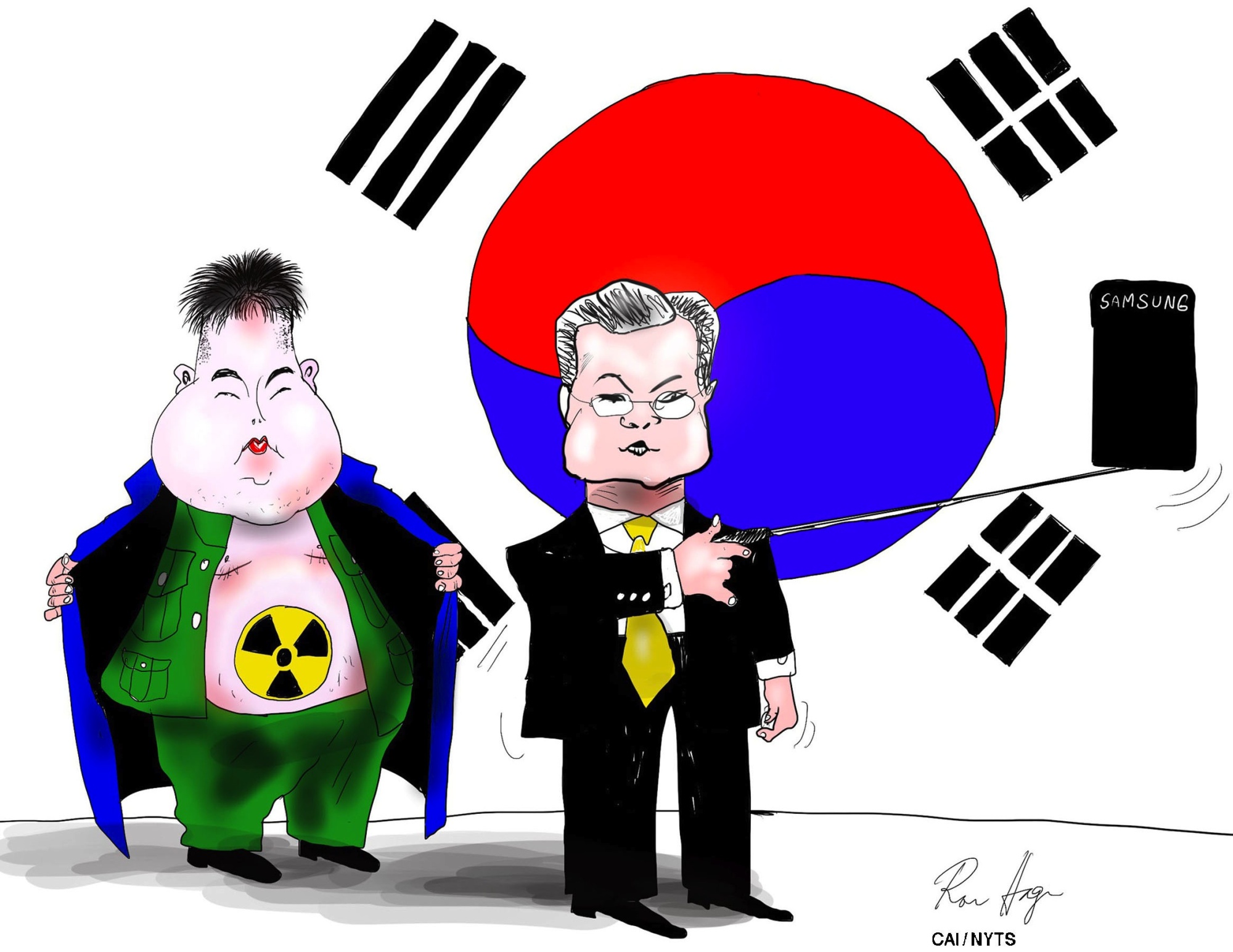The North Korea situation shook Japan in April. As relations between Pyongyang and Washington deteriorated further, Japanese media talked incessantly of war and the possibility of North Korean missiles hitting Japan. Then, in mid April, the Trump administration began declaring that the United States would not ask North Korea to change its regime. North Korea also made moves of its own, for instance reestablishing the Diplomatic Commission at the Supreme People's Assembly for the first time in 19 years on April 11. Both sides appear to have changed course in favor of diplomacy.
Looking back on the crisis in April, much of the Japanese unease can be attributed to the unpredictability of the Trump administration, rather than from any sudden change in speech and behavior on the North Korean side. Articles appearing in the Rodong Sinmun, including statements made by the press secretaries of the North Korean Ministry of Foreign Affairs, have certainly not relaxed the ultra hard line that North Korea is prepared to launch pre-emptive strikes on the U.S.
Yet Kim Jong Un himself has avoided making such remarks. In fact, the North Korean leader refrained from making any statement at all at the review of troops commemorating the 105th anniversary of the birth of North Korea's founder Kim Il Sung on April 15. In his place, Vice Chairman Choe Ryong Hae of the Central Military Commission of the Workers' Party of Korea delivered a speech, during which he emphasized the fact that North Korea would strike back if the U.S. attacked his country. Checking on the people making statements, rather than simply accepting the substance of reports in the Rodong Sinmun and on the Radio and Television Broadcasting Committee of the Democratic Peoples' Republic of Korea (North Korea), is essential for understanding Pyongyang's logic. During this time, Kim engaged in activities including inspection tours of a pig farm and a plant for manufacturing daily necessities. He did not go into hiding. All of which suggests that North Korea was keen to avoid a war.

















With your current subscription plan you can comment on stories. However, before writing your first comment, please create a display name in the Profile section of your subscriber account page.